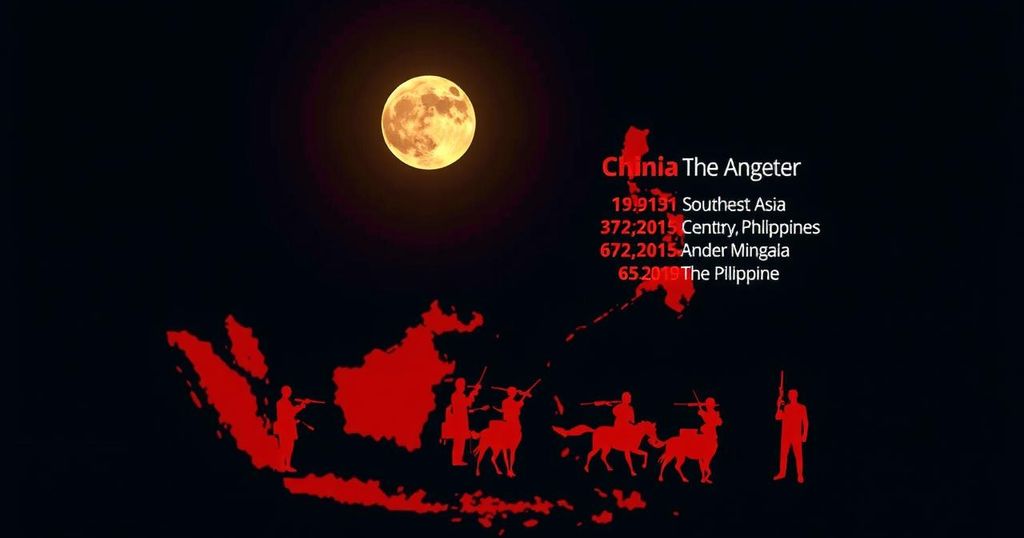Philippine Defense Chief Identifies China as Major Threat to Southeast Asian Peace
MANILA, Philippines — On Tuesday, the Secretary of National Defense for the Philippines, Gilberto Teodoro Jr., characterized China as “the biggest disruptor” of peace in Southeast Asia. This assertion came in the wake of a recent incident where Chinese vessels obstructed Philippine ships from delivering essential supplies to a Philippine coast guard vessel stationed at Sabina Shoal. Speaking at an international military conference organized by the U.S. Indo-Pacific Command in Manila, Mr. Teodoro emphasized the urgent need for robust international condemnation of China’s assertive actions in the South China Sea, particularly amidst a surge in tensions between China and the Philippines.
During his address, Teodoro highlighted China’s role as a primary instigator of unrest, stating, “China is the biggest disruptor of international peace in Southeast Asia.” He observed that the growing number of confrontations in the disputed waters necessitates a unified and decisive response from the international community. He proposed that expressions of concern regarding China’s activities are insufficient, advocating instead for a “stronger collective multilateral action against China,” which would involve diplomatic and defense officials collaboratively strategizing effective measures.
When pressed for specifics, Teodoro mentioned the potential impact of a United Nations Security Council resolution denouncing Chinese aggression. He acknowledged, however, the inherent challenges such an endeavor would encounter, stating, “The world is not that perfect,” due to geopolitical complexities, particularly China’s status as a permanent member of the Security Council with veto power.
Teodoro emphasized the responsibility of the Association of Southeast Asian Nations (ASEAN) to take a more assertive stance against China’s actions, stating that to maintain its relevance and credibility, ASEAN cannot remain passive in light of ongoing Chinese provocations in the South China Sea. The regional bloc comprises member states, including the Philippines, Vietnam, Malaysia, and Brunei, each of which has overlapping territorial claims with China, as well as Taiwan.
In the latest skirmish, Philippine officials reported that an overwhelming force of 40 Chinese vessels prevented two Philippine ships from reaching their destination at Sabina Shoal. This occurrence, the sixth confrontation reported between the two nations in recent weeks, raises alarms over the potential for escalating conflict, drawing in the United States, a long-standing ally of the Philippines.
Sabina Shoal is situated near Second Thomas Shoal, another contested area where the Philippines has faced difficulties in supplying its forces aboard the BRP Sierra Madre. Although a recent agreement allowed a Philippine vessel to deliver provisions without incident, the persistence of confrontations remains a cause for concern for stability in the region.
The Philippine Coast Guard reiterated its commitment to safeguarding national interests and called upon its Chinese counterparts to respect international law and refrain from actions that could further inflame tensions. In response, the Chinese Coast Guard accused the Philippine vessels of intruding into territorial waters and asserted that necessary control measures had been enacted, though details on these measures were not disclosed.
Beijing’s assertiveness in expanding its military presence and territorial claims in the South China Sea continues to be a source of friction not only with the Philippines but also with other claimants such as Vietnam, Taiwan, Malaysia, and Brunei. On the same day, Japan reported another instance of Chinese military activity, as a reconnaissance plane violated its airspace, compelling Japan to scramble fighter jets to ensure security.








Post Comment